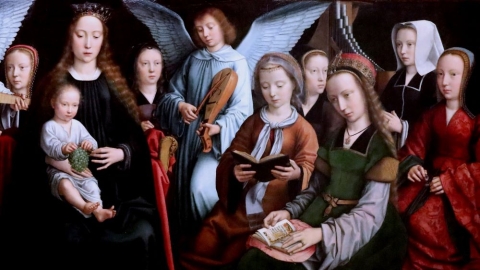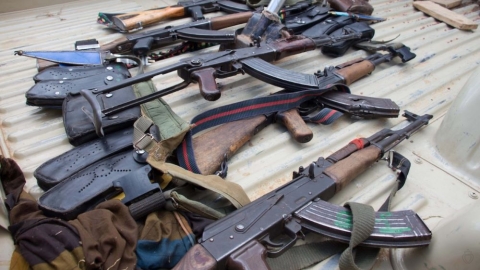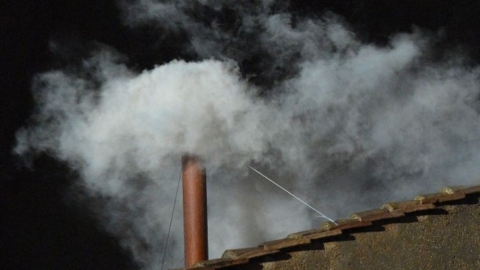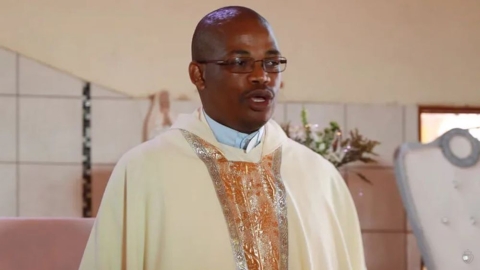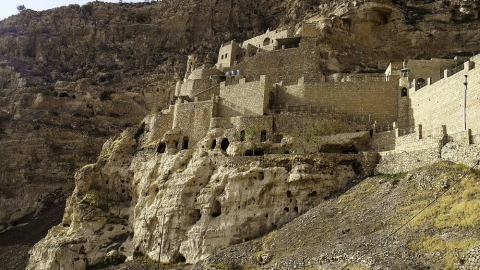Nigeria: The Massacring of Christians Continue
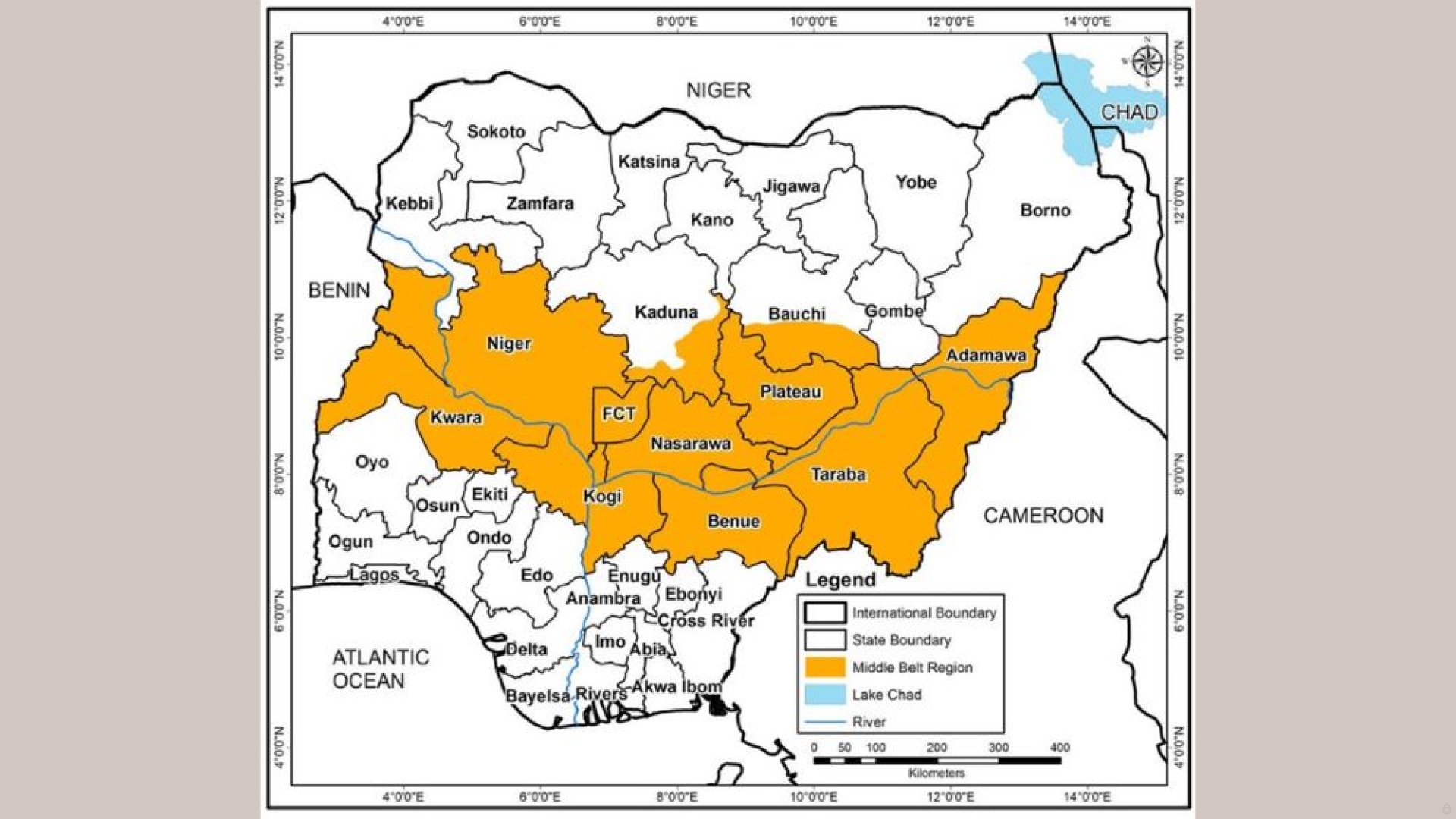
The “central belt” of Nigeria
Dozens of Christians were killed in towns and villages in the “central belt” of Nigeria (the central third of the country between the North and the South) in recent weeks, especially around Easter, according to information supplied to the international Catholic charitable organization Aid to the Church in Need (ACN) by local Catholic leaders.
At least 39 people were killed in a series of attacks on villages in Plateau State, which began on Easter Monday, April 1. According to Fr. Andrew Dewan, director of communications for the Diocese of Pankshin, “Last week there were violent attacks in [three communities in the parish]. Ten people were killed and a pregnant woman had her stomach slit open. The baby was not spared.”
The attackers, Fulani herdsmen, mostly Muslims, returned for a new series of raids on Friday, April 12, which caused 29 more deaths. “The attacks continued until Sunday, April 14. In total, five villages and districts were attacked. A church in Kopnanle was set on fire.”
It is in this same region that more than 300 Christians were massacred around Christmas, and Fr. Andrew thinks that “There is a pattern to these attacks, and they’re an ongoing feature of living in the region. They might be linked to the attacks over Christmas.”
The government had promised to strengthen security to protect the farmers living in the central belt, most of whom are Christians, but it did not follow through, Fr. Andrew laments. “The security response of the Government is inadequate. In times of crisis, communities don’t have confidence in governments to protect them. They take shelter in churches, which aren’t used to dealing with such a deluge of IDPs.”
“Imagine cooking for thousands of people per month. We haven’t planned or stocked up for these emergencies, so we’re often caught unprepared.”
Following the Christmas massacre, 16 camps were created in Bokkos, mainly by the Church, to provide shelter to those affected by the attacks. ACN UK puts the number of Internally Displaced Persons (IDPs) into perspective: “The UN Refugee Agency (UNHCR) estimates there to be 3.1 million IDPs across Nigeria, fuelled by insurgency in the North-East and extremist Fulani herdsmen in the Middle Belt.”
Farmasum Fuddang, chairman of Bokkos Cultural Development Council Vanguard, commented on the atrocity of the massacres: “Despite the presence of security forces, including the DSS [Department of State Services], army, and police, the perpetrators, identified as Fulani terrorists, were allowed to carry out their attacks with impunity.
Under the cover of darkness, more than 50 armed terrorists descended upon the villages of Mandung-Mushu and Kopnanle, targeting innocent, unarmed, and peaceful residents as they slept… while nearby soldiers failed to intervene.”
He added: “This brazen attack, which predominantly targeted children, appears to be part of a calculated effort to instill fear and drive perpetuate further displacement within our communities. The timing of this attack, following closely on the heels of the DSS’s erroneous warning of an impending assault on Fulani communities, raises serious concerns about collusion or deliberate neglect.”
Related Article:
Hundreds of Deaths in Benue State in 2024
Benue State, also located in the central belt, was hit hard by violence. The figures sent to AED by Fr. Remigius Ihyula, show that at Easter time, dozens of Christians were killed during Fulani raids. The attacks carried out between March 28 and April 2 caused at least 38 deaths, perhaps many more, and several rapes were committed.
According to these reports, 67 attacks have taken place since the start of 2024, causing 239 confirmed deaths, 60 wounded, and 65 kidnappings across Benue province. In 2023, more than 500 people were killed.
Tensions between sedentary farmers and nomadic herdsmen are an old problem in this region of Nigeria, well known for its fertile lands. Climate change has driven the Fulani from their traditional pastures further north, leading to clashes for access to land.
Ethnic and religious differences aggravate the situation, and there is evidence that the Fulani have been radicalized and used to expel Christians from the region. The problem has been considerably aggravated by the herdsmen’s easy access to automatic weapons.
Related Article:
(Sources : AED/InfoCatolica – FSSPX.Actualités)
Illustration : researchgate.net
